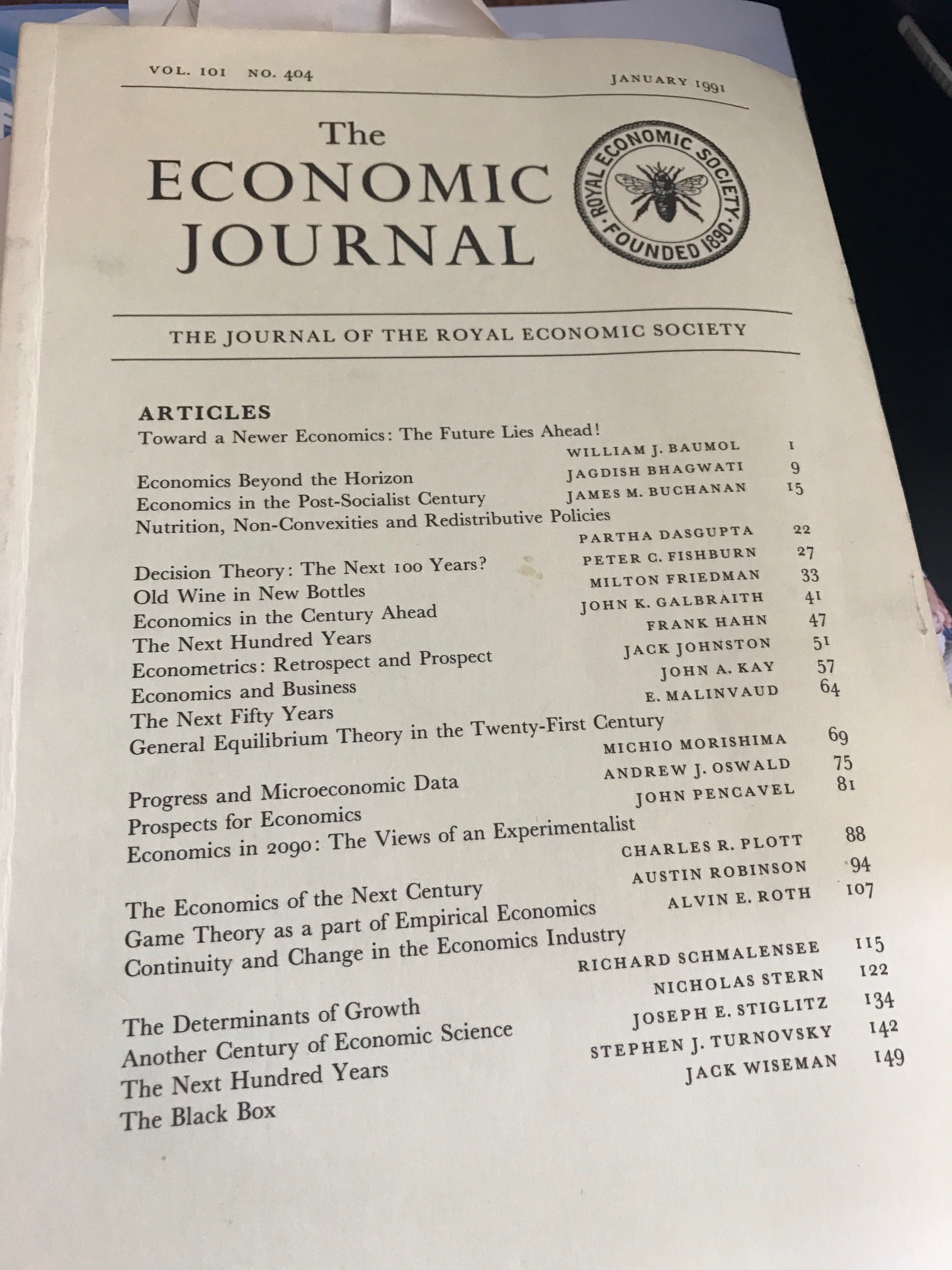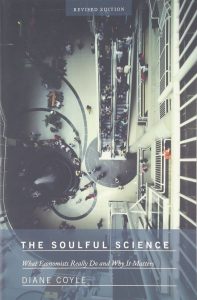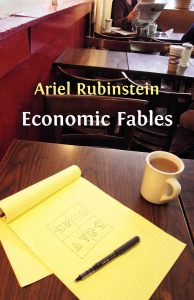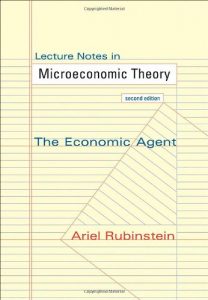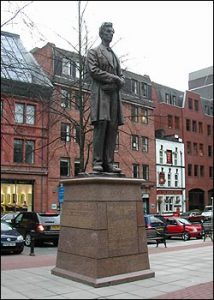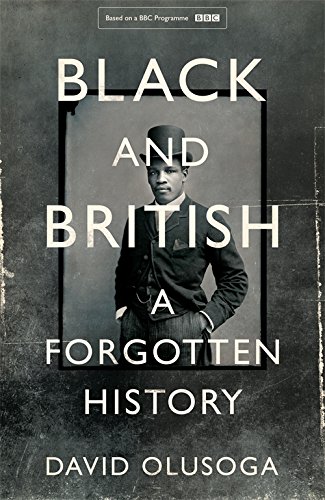There are three books in one in Richard Bookstaber’s The End of Theory, it seemed to me. This compôte is even flagged up in the subtitle: ‘Financial Crises, the Failure of Economics, and the Sweep of Human Interaction’.
One sub-book is a tedious critique of economics, tedious because like all (the many) similar critiques it (a) says ‘economics’ but means ‘macro/financial economics’; (b) assumes economics is a monolithic subject stuck some time around 1980-85, which was indeed the height of the rational expectations, real business cycle approach. Some of the points Bookstaber makes are perfectly valid. Macroeconomists have responded to the implications of the financial crisis for their approach, but not yet enough – this is why the ESRC has funded the new ‘Rebuilding Macroeconomics‘ network. I also agree in particular with his point about economics needing to get to grips better with self-fulfilling phenomena and performativity. But, really, a lot of economists – at least in academia but I think out in the non-ivory tower world too – are now doing exactly the kind of work Bookstaber enthuses about. I’d argue that even when economists are using rational choice equilibrium modelling, or ignoring the radical uncertainty of the real world, it is often done in a knowing way – that is, understanding the assumptions fail, but using the conclusions they lead to as a way of evaluating what is happening and why. Anyway, his complaints about economics are both wearily familiar territory and decreasingly true; economics is and has been changing a lot. In finance specifically, think of Andrew Lo’s new book, Adaptive Markets.
The second element of The End of Theory is a useful mini-survey of some alternative approaches (alternative to rational choice, maximising, equilibrium) models for financial markets in particular: this includes complexity and emergent phenomena, non-ergodic processes, heuristics in decision making, and so on. None of these is novel either – for example, Paul Ormerod’s Butterfly Economics and Why Most Things Fail tackle many of the same areas, Kahneman’s Thinking Fast and Slow was a best seller and Gigerenzer’s heuristics approach is widely discussed among behavioral economists, while Taleb’s books have brought the ideas about radical uncertainty to millions. Still, having these ideas set out again in a concise and accessible way is useful.
The third book-in-a-book is a very interesting approach to an agent-based modeling approach to the financial system, looking back at the 2008 crisis. Here, the author’s expertise shines through. But this section is very condensed – I wished the whole book had been about this and had used the extra room to say more about the complexities of the financial structure and how the agent based approach can illuminate them. For example, the section on the 2007-8 liquidity crisis in US markets is fascinating but condensed. Again, agent based modeling is hardly new, and is even growing more popular in economics, but I found the detail from someone who is an experienced market participant very interesting, although the idea that agent based modelling really spells the end of theory is not really addressed explicitly.
In the end, I wondered what audience Bookstaber had in mind. The final chapter ends, “I’m a frustrated novelist.” He is a indeed a good writer but needs to work on the narrative arc. I’d have thought the three components of this book appeal to at least two different sets of readers; and it distracted at least this economist reader to have the argument keep heading off on a tangent to criticise economics: ‘And another thing,….’. I hope he goes on to write the book starting to emerge from this one diagnosing the past about an agent based future for finance. If this is the right way to model financial markets, what do we do with it?
PS I see The End of Theory is doing well on Amazon, with some 5* reviews, so my perspective may be jaundiced!

